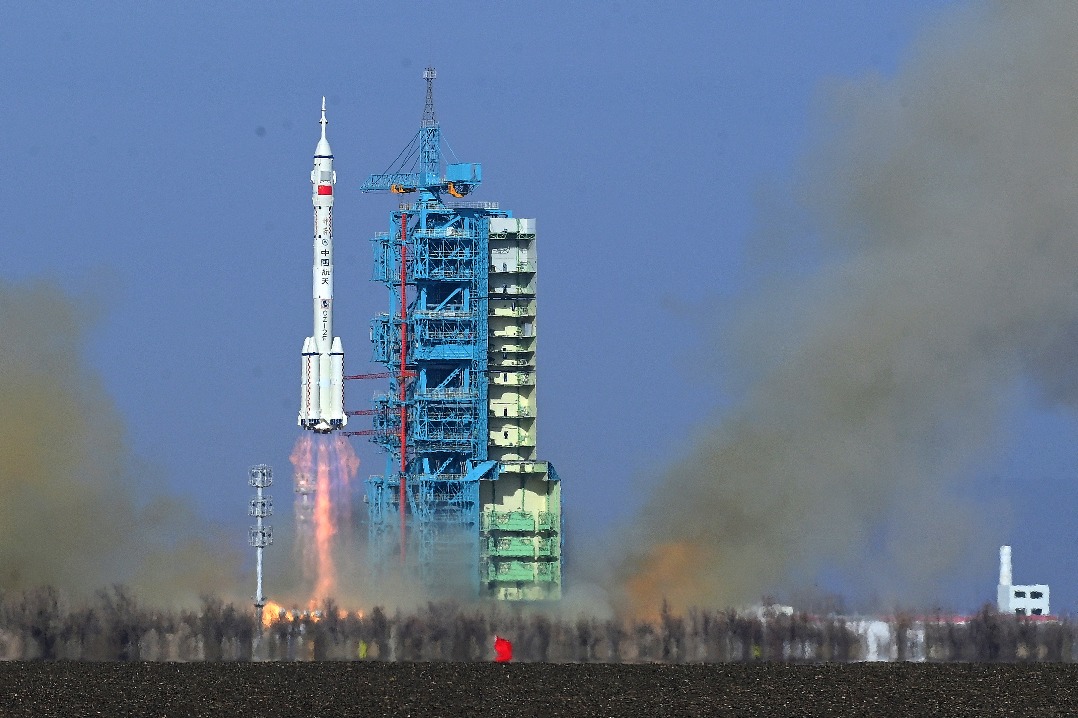Chinese scientists develop artificial tongue to measure spiciness

SHANGHAI -- Chinese scientists have whipped up an artificial tongue that may say, "Yep, that's spicy!"
The gel-based "chili-meter" delivers a quick, exact pungency reading, sparing human taste testers from braving the heat and potentially revolutionizing quality control in the food industry.
Taking a cue from milk's ability to soothe a burning palate, researchers at East China University of Science and Technology (ECUST) developed a novel bionic tongue by mixing milk powder, acrylic acid, and choline chloride into a soft, flexible gel.
The mechanism is inspired by the real-world phenomenon in which milk proteins bind to capsaicin -- the compound responsible for the heat in chili peppers -- thereby reducing the burning sensation, according to a study published in ACS Sensors.
Likewise, capsaicin latches onto the gel's milk proteins, swelling into bulky clusters that jam chloride and hydrogen ion traffic. The resulting dip in electric current gives a ready-made ruler for precise heat readings.
The team "tasted" eight different chili peppers, creating a spiciness scale from 0 (bland) to 70 (extremely spicy). The results were then compared to assessments made by trained human sensory panelists.
The ranking provided by the artificial tongue closely matched the human consensus, demonstrating its reliability, according to the study.
This invention could create "a powerful platform for future applications involving movable humanoid robots and portable spicy taste monitoring devices," the researchers said.
- Exhibition highlights connection between tech and humans
- PLA reserve personnel to get new IDs
- Wetlands of Yellow River estuary, a paradise for birds
- October crackdown targets misconduct, hedonism among officials
- Chengdu mayor investigated over suspected serious violations
- Blaze claims 13 lives, injures 16 in Hong Kong





































